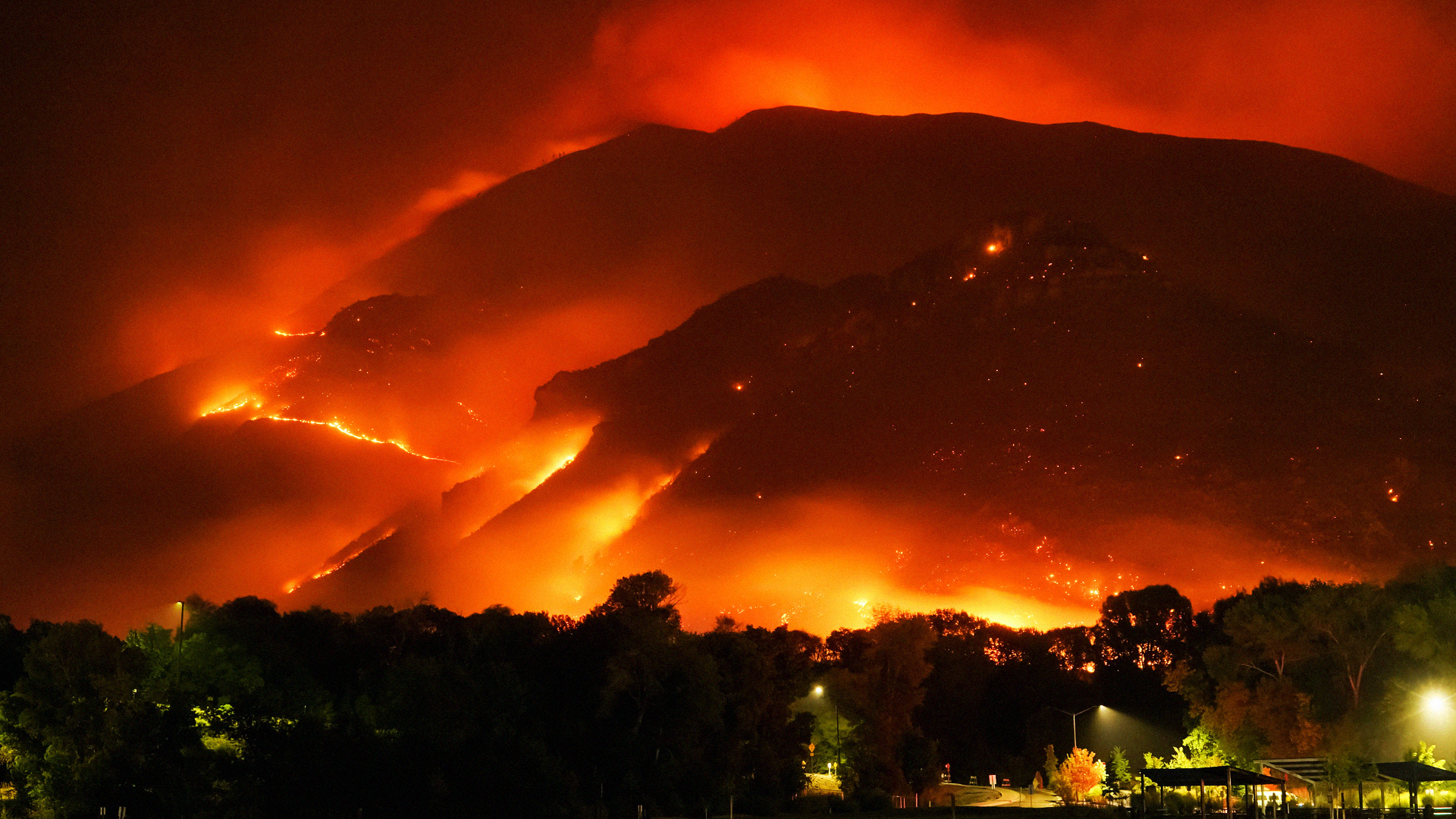Climate scientists have provided something of a final warning in the latest IPCC report. Efforts to make emissions peak by 2025 must materialise ‘now or never’ to avoid devastating climate impacts.
Good afternoon… humanity is running out of time.
The third and final section of the IPCC’s comprehensive review of climate science is here, complete with stark warnings that nihilism will soon have devastating impacts.
As you’ll already know from the previous two segments, this report is the most comprehensive climate document on record – complete with analysis from literally thousands of researchers compiled over more than seven years.
You know what that means, this could very well be the last IPCC report we get before the world cements its path to an irrevocable climate breakdown. Oh good.
Unsurprisingly, the authors are calling for a ‘now or never’ approach to bringing emissions down. Failure to make these gases peak by as soon as 2025 will likely kill any prospects of limiting future heating to 1.5C above pre-industrial levels.
“It’s now or never, if we want to limit global warming to 1.5°C (2.7°F).” – #IPCC Working Group III Co-Chair Jim Skea on the release of IPCC’s latest #ClimateReport on the mitigation of #climatechange.
Watch the trailer 🎥 pic.twitter.com/rGbeuzLf9p
— IPCC (@IPCC_CH) April 4, 2022
In fact, if warnings of catastrophic and irreversible changes continue to go unheeded by governments, we’re in all likelihood looking at exceeding 3C of warming. Say goodbye to a quarter of the Earth’s species, and hello deadly heat waves, wildfires, and floods.
To avoid the worse case scenario, the report has again reiterated the necessary steps governments must make this year, with any urgency from the last report haven fallen by the wayside as Russia invaded Ukraine in February.
Since then, soaring energy prices have prompted governments including the US, UK, and EU to consider ramping up fossil fuel productions. If this is to materialise, obviously, our global targets of under 1.5C will go completely beyond reach.




















